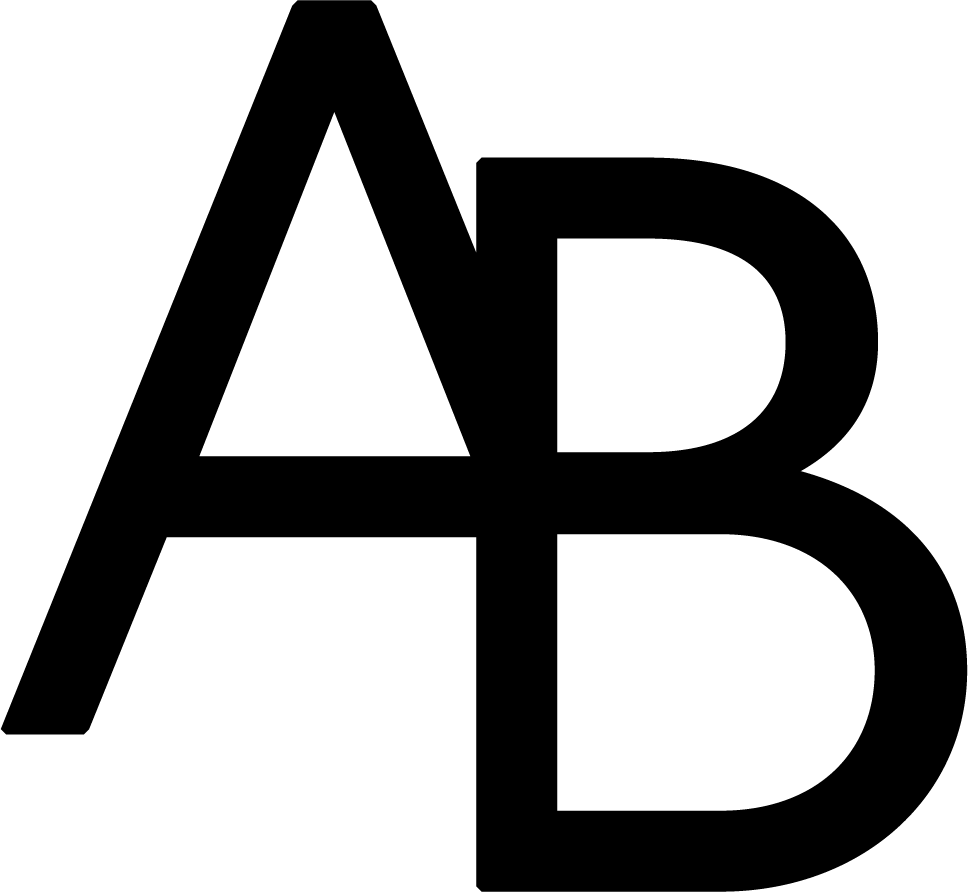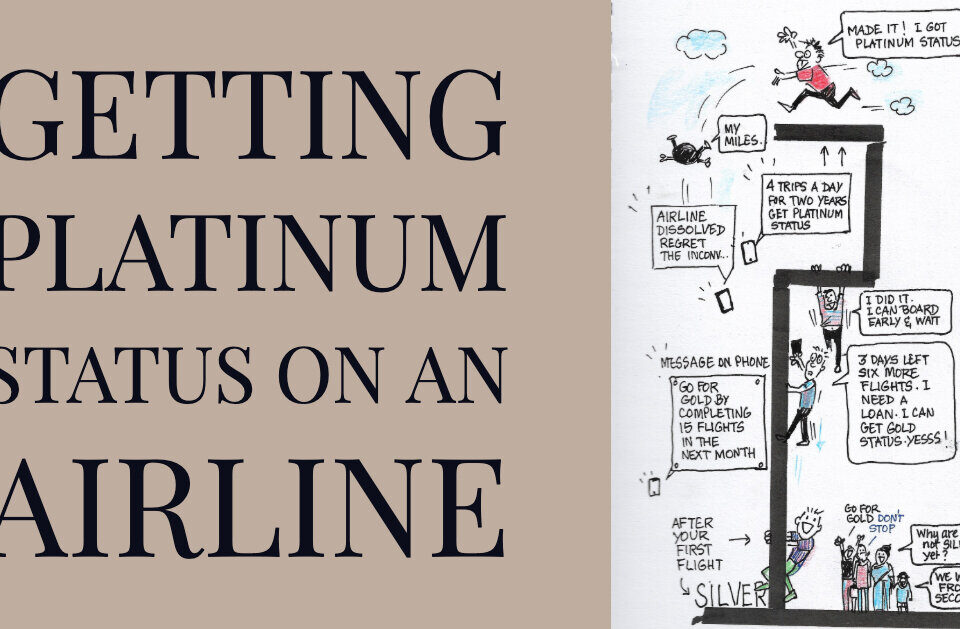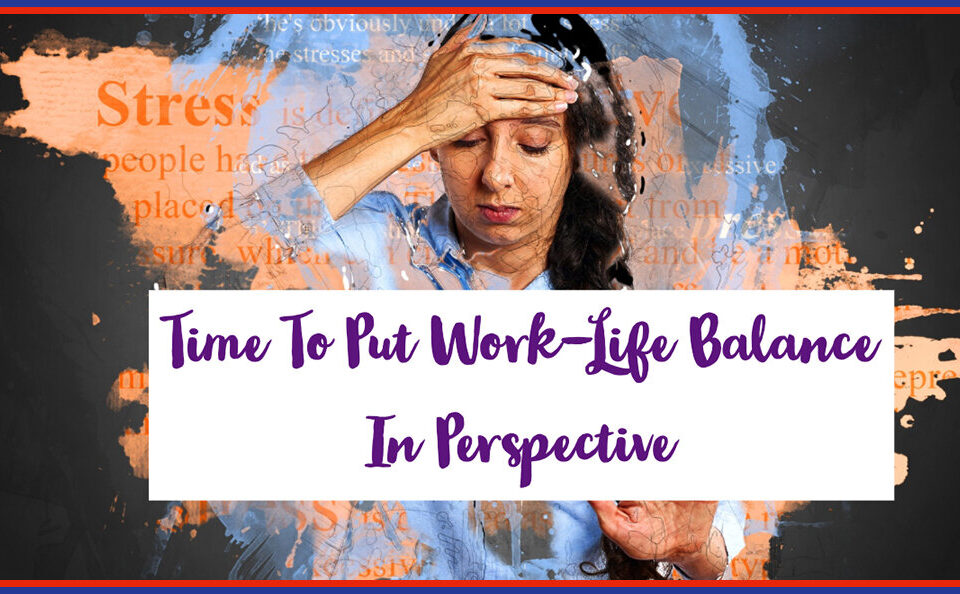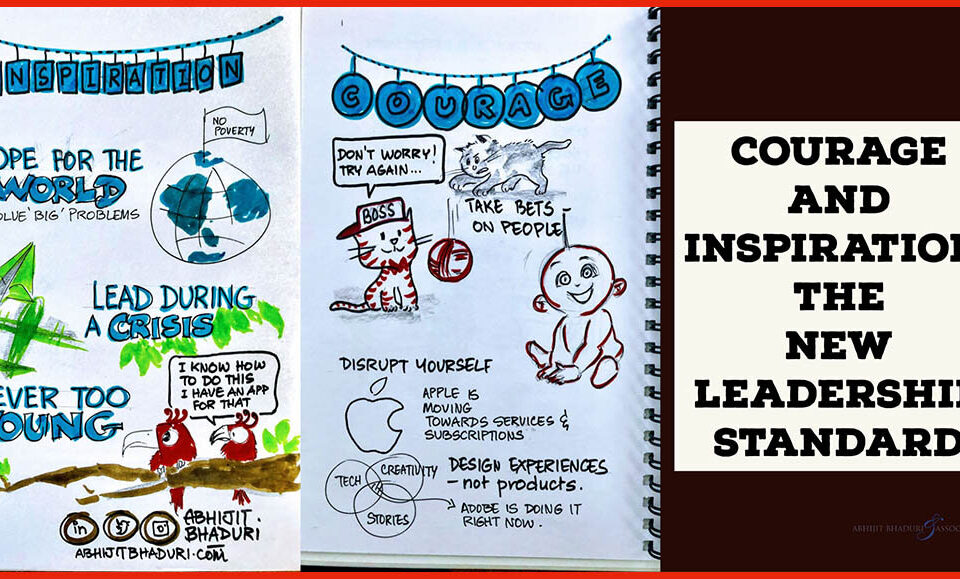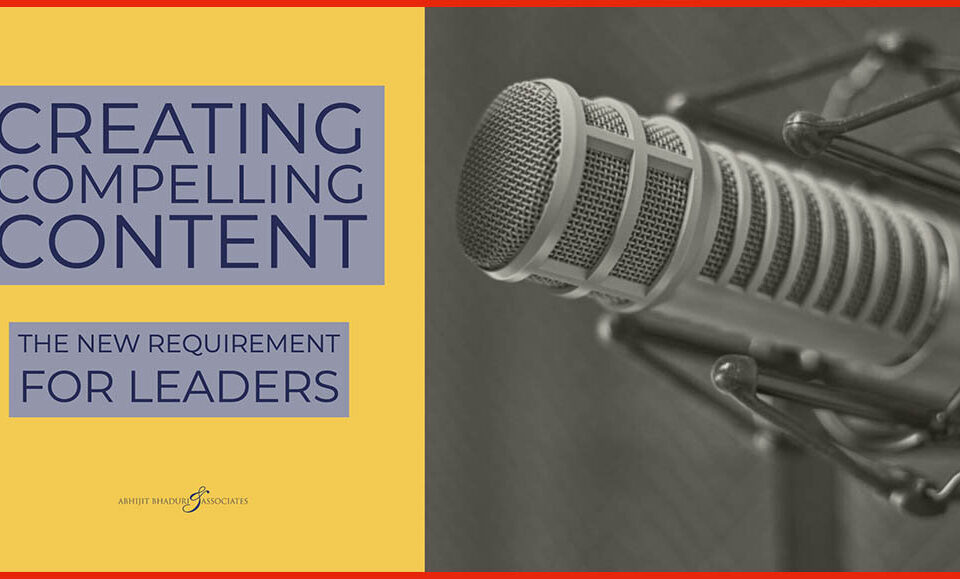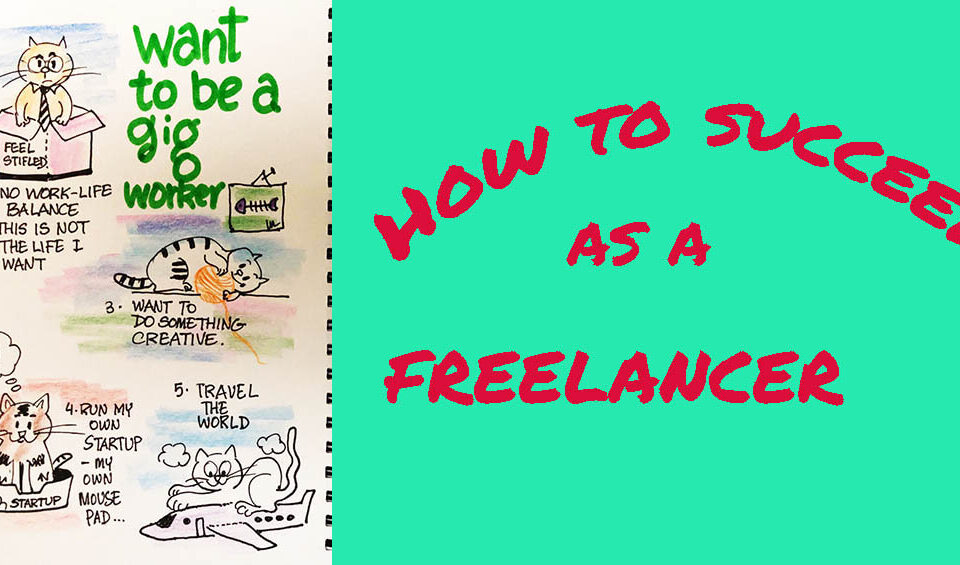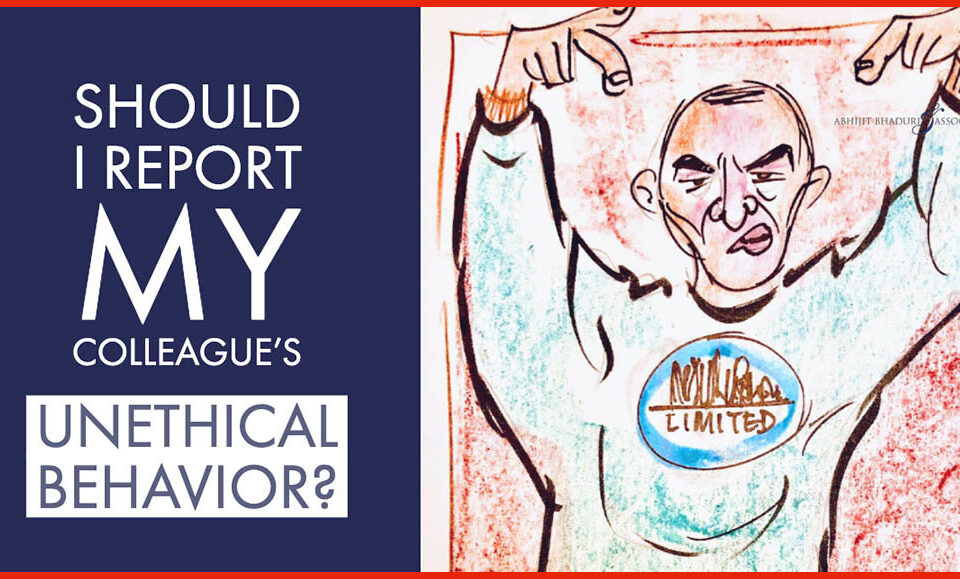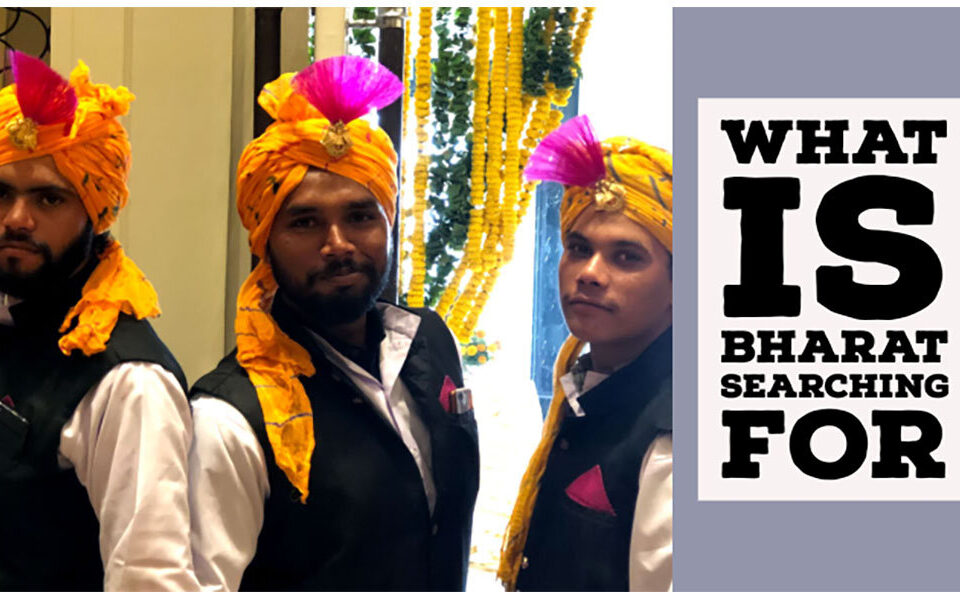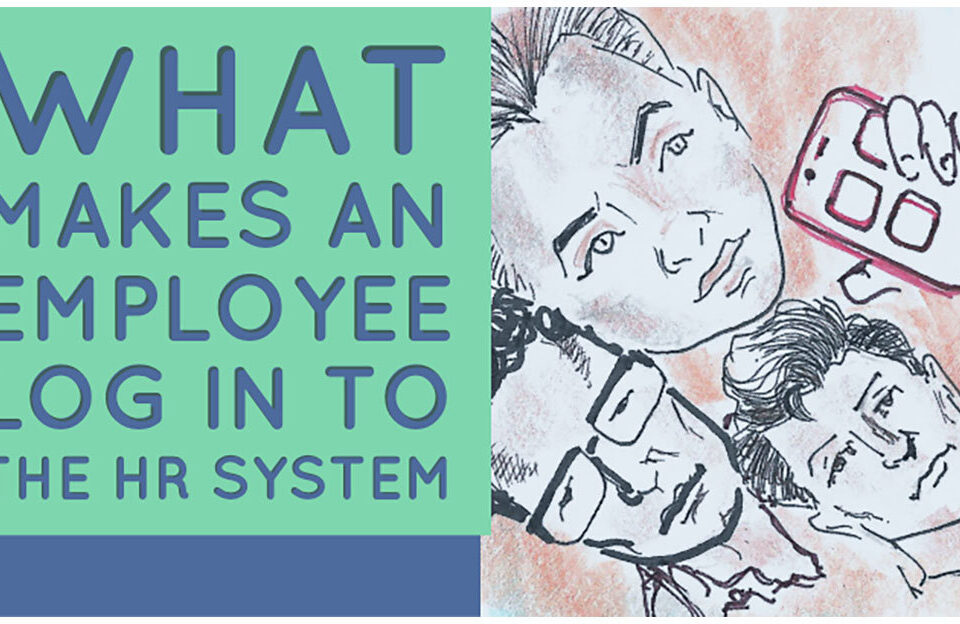I have never won the Olympic Gold medal. I never aimed for it either. No really. Why should I settle for Gold when I could go for Platinum. In case you are that person who likes to read the last page of a murder mystery to find out the murderer's name and mobile number, this article is for you. Yes, I did achieve my goal. You are lucky one who will learn the secret without shelling out the fee I paid. Yes, nothing in this world is free, except unsolicited advice.
A time strapped brain on a treadmill may improve the hours logged but does not generate better ideas. Innovation needs time for us to join the dots that were previously not connected. As the Monster tagline suggests, “Find Better Faster”. Are the employers listening?
The most inspiring name on the 2019 list of leaders is Greta Thunberg. She is a 16 year old student activist who is campaigning for climate change. On Twitter page she describes herself as "a 16-year-old climate activist with Asperger [syndrome]". Her work on climate change earned her a nomination for the Nobel Peace Prize in 2019. Making her a year younger than Malala who won it at the age of seventeen.
Video and voice are engaging the new learner. Businesses have to create content that is interesting. If it is not interesting, the content is not consumed. There is a 270% growth in voice queries (YoY) in India. Nine out of every 10 new internet users in the country will likely be an Indian language speaker. These trends have three sharp implications for organizations...
Freelancers are growing in many white collar jobs and especially in places like India. When the individual negotiates the payment directly based on their expertise, they make more money. The platform like UpWork and LinkedIn become merely meeting places. Digital Nomads and fly-in experts use the platforms to get discovered. By showcasing their expertise and their reputation across the network they get discovered by the buyers with deep pockets. The more in-demand their expertise is, the higher the premium the buyer will pay.
I have been working abroad as an IT specialist for 20 years. Under my stewardship, one of the projects, which was outsourced to an Indian company, faced some delays. Blaming me unfairly for the delay, a co-worker accused me of being racially biased & not protecting the interest of my organization. I was very upset with his accusation and it led to a heated altercation. ... wait there is more to it.
If there is one shift that clear, it is that consumers want to know more, and “do-it-yourself” queries are increasing. In a year’s time half of retail will be influenced by digital. Bharat's search history shows that it will be an informed consumer who will walk in to the store.
Most organizations aim to get the implementation right. That takes up the customers mindshare. What is often missed is the employees’ adoption. What can the company do to get the employee to log in? Some employers hold training sessions to get users comfortable with the new software. There is another reason that drives adoption by the employees. The flaw I believe lies in the assumption that underlies the design. Most HR systems get designed keeping the employer’s needs in mind. The employee is never the kept at the center. This is when you must ask a question...
It is time to rewrite the story of Eklavya and Dronacharya. Eklavya was a mythological character in the Mahabharata. He was a commoner who was denied the opportunity to learn archery from Dronacharya — the royal teacher. The unfazed Eklavya went back to the forest and built a statue of the guru and began practising archery. The self-taught archer became as skilled as the princes who were being taught by the master. This is where the story needs to be updated.
